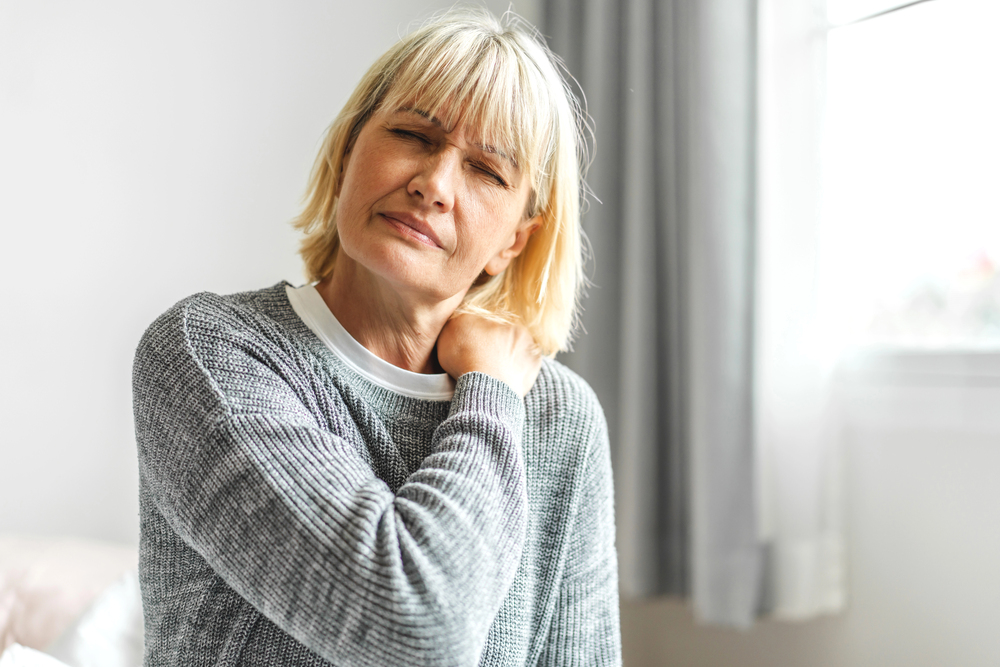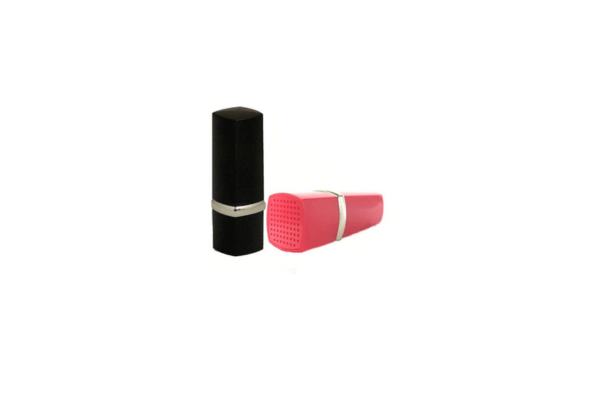
Many women notice new or worsening joint pain during menopause, often in the mornings, after sitting for a while or when first getting up. It can be frustrating, especially if you’ve always been active, but there’s a clear reason behind it.
As oestrogen levels drop, the body’s natural lubrication and collagen production also decrease. This can make joints feel stiffer, drier, and more prone to inflammation. Over time, even small changes in hormone balance can affect the way we move and how comfortable our bodies feel day to day.
Many women find their joints suddenly become stiff and painful during perimenopause and menopause, and it is also harder to build up and maintain muscle. Often menopausal women get a diagnosis from their doctor of “fibromyalgia” – all over body pain, fatigue and sleep problems – and sometimes this is just caused by lack of hormones, particularly oestrogen. The problem can often be improved by hormone replacement therapy (HRT).
Joints have oestrogen receptors which are affected by the loss of oestrogen in menopause, and pain in joints can affect women’s ability to exercise, leading to muscle loss and weight gain. Oestrogen protects joints and reduces inflammation, but when estrogen levels drop, inflammation can increase, the risk of osteoporosis and osteoarthritis can go up and make it painful to move freely.
As testosterone falls in women along with oestrogen and progesterone, some women also find it harder to maintain muscle strength, and again, testosterone replacement at normal female levels can help.
The good news is that there are many ways to manage this symptom and keep moving with confidence. Gentle, regular exercise such as walking, swimming, or yoga can strengthen muscles and support the joints. Staying hydrated, eating a balanced diet rich in omega-3 fats, leafy greens, and colourful fruits, and maintaining a healthy weight can all help reduce inflammation and support joint health.
If pain persists or limits your daily activity, it’s always worth speaking to your GP. They can help rule out other causes such as arthritis and may suggest treatment options, supplements, or physiotherapy.
Menopause doesn’t have to mean slowing down — with the right support, knowledge, and movement, your body can stay strong, flexible, and capable well into midlife and beyond.



